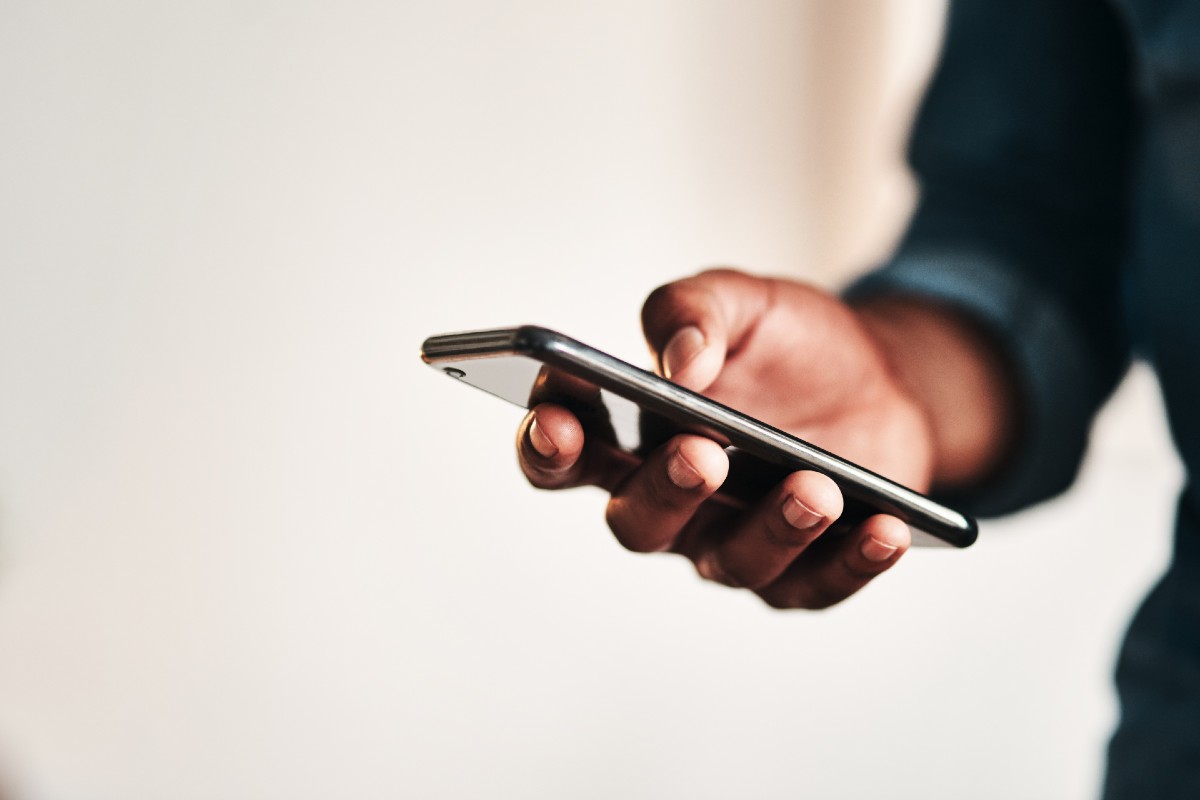
This site is intended for health professionals only

GPs should be better involved in the development and implementation of the NHS App to better tackle digital inequity, an Ada Lovelace Institute researcher has said.
Digital health service developers and procurers ‘often don’t have a clear idea of what success looks like’ when tackling health inequalities, they advised.
Speaking at an event this week, senior researcher Anna Studman advised NHS teams working on the NHS App to work more closely with GPs and patients to better consider barriers to using it.
This should include questioning which aspects of the app ‘get in the way of patients accessing the service’ or considering the consequences of a patients’ inability to use it.
More than 32.3 million users have signed up to use the NHS App since it launched in 2018, equivalent to around 73% of the adult population.
The Government last year met its target to have 68% of people in England registered with the NHS App by March 2023, and is working to have 75% registered by 2024.
Ms Studman said: ‘We recommend that health departments fund dedicated teams responsible for post-deployment monitoring of the impact of digital health services on inequalities.
‘Commissioners, designers and developers of digital health services could ask the teams how will we monitor the impact of services across different groups; and how long will that monitoring continue; how have we engaged with people who might be affected by health inequalities at different stages of design, development and implementation?’
Ms Studman’s research focuses on the impact of data-driven systems and AI on healthcare, with a broader view of how changes in health technology impact society.
The founding CEO of ORCHA (the Organisation for the Review of Care and Health Apps), Liz Ashall-Payne, this week discussed the use of health apps with Healthcare Leader.